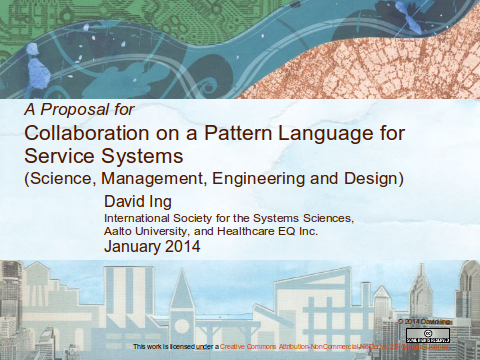The thinking behind GIGA-mapping, as a technique from designers, echoes some research into (computer-supported) collaborative work from a decade ago. In “GIGA-Mapping: Visualisation for Complexity and Systems Thinking in Design“, Birger Sevaldson wrote in 2011:
GIGA-maps are the central device in the Rich Research Space which includes social spaces, media spaces and physical spaces.
This reminds me a lot about the design of mediating spaces coming from Ian Simmonds and myself in 2002:
… Read more (in a new tab)We propose a framework for designers of business organizations and designers of information systems that portrays three forms of “space” that mediate social interactions: physical space, social space and informatic space. The framework aids organizational designers and information technology designers to understand some of the complexities of enabling knowledge work, by contrasting the properties of the spaces and their interactions:
- Social interaction enabled by physical spaces is the focus of architects of buildings and urban planners, managers locating individuals and team who work together, and conference organizers who plan events to encourage networking.
- Social interaction enabled by social spaces is the focus of organizational designers who develop supporting social structures such as centers of excellence or practitioner support networks.
- Social interaction enabled by informatic spaces is the focus of knowledge architects and process analysts, who administer and moderate groupware and workflow applications.
In addition,
- Informatic spaces hosted in physical spaces are the focus of Information Technology architects, who ensure appropriate geographical coverage, performance, availability and security through appropriate computer hardware and software (e.g.



